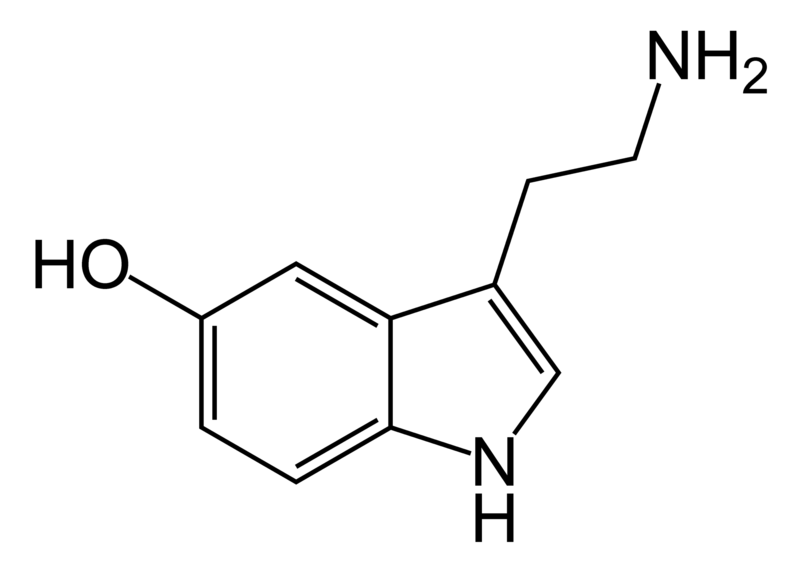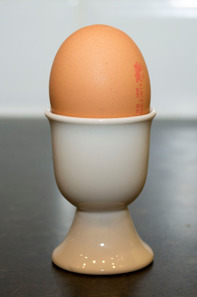According to Wikipedia, Serotonin is a monoamine neurotransmitter. Biochemically derived from tryptophan, serotonin is primarily found in the gastrointestinal tract, blood platelets, and the central nervous system of animals, including humans.
Medical News Today is a bit more helpful and tells us that serotonin carries signals along and between nerves (that’s the “neurotransmitter” bit). It is responsible for maintaining mood balance, and that a deficit of serotonin leads to depression.
Antidepressants are one way of increasing the levels of serotonin in the brain. But there are other natural ways to either replace the use of antidepressants, or to help them work more effectively.
If there is one thing that the northern Scandinavian countries lack in winter, it is sunlight. Science Nordic has a great article about lack of sunlight and how to counteract the “winter blues”. Its reasonably well known that the body struggles to produce vitamin D without exposure to the sun. But the sun also activates light-sensitive nerve cells, which stimulates the production of serotonin. The answer is pretty simple – get more light in your life, particularly in the morning. Make the place where you have breakfast well lit – light on the walls and on the table, rather than soft lighting and candles . . .
There is also some evidence that exercise can boost serotonin levels. Check out the Livestrong website for a good article on exercise and its effect on serotonin.
But diet is the area I am personally attracted to at the moment. Healthline.com has a good article on foods that could boost your serotonin levels. But there is a catch . . . The article says its not Serotonin that is found in food, but tryptophan – and its not as simple as eating a high trypothan diet. Apparently the trypothan in your food has to compete with other amino acids to be absorbed into your brain.
Medical News Today is a bit more helpful and tells us that serotonin carries signals along and between nerves (that’s the “neurotransmitter” bit). It is responsible for maintaining mood balance, and that a deficit of serotonin leads to depression.
Antidepressants are one way of increasing the levels of serotonin in the brain. But there are other natural ways to either replace the use of antidepressants, or to help them work more effectively.
If there is one thing that the northern Scandinavian countries lack in winter, it is sunlight. Science Nordic has a great article about lack of sunlight and how to counteract the “winter blues”. Its reasonably well known that the body struggles to produce vitamin D without exposure to the sun. But the sun also activates light-sensitive nerve cells, which stimulates the production of serotonin. The answer is pretty simple – get more light in your life, particularly in the morning. Make the place where you have breakfast well lit – light on the walls and on the table, rather than soft lighting and candles . . .
There is also some evidence that exercise can boost serotonin levels. Check out the Livestrong website for a good article on exercise and its effect on serotonin.
But diet is the area I am personally attracted to at the moment. Healthline.com has a good article on foods that could boost your serotonin levels. But there is a catch . . . The article says its not Serotonin that is found in food, but tryptophan – and its not as simple as eating a high trypothan diet. Apparently the trypothan in your food has to compete with other amino acids to be absorbed into your brain.
| One possible way to get around this through is by including carbohydrates with your new trypothan diet. So that means eating the following with a serving of good quality carbs – rice, wholemeal bread, oats etc. So here goes, as recommended by Healthline: • Eggs (but don’t leave out the yolks) • Cheese • Pineapples • Tofu • Salmon • Nuts and seeds |
I am pretty happy I have a number of these foods in the my diet right now – but I have to admit I may have to up my servings of tofu!

